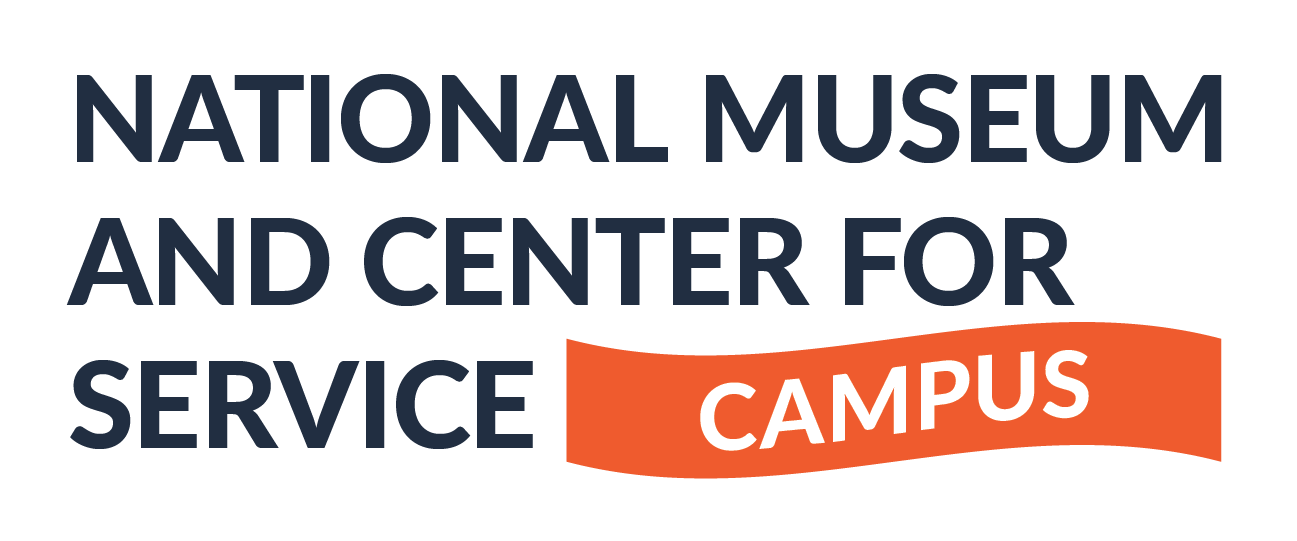Our process
Bringing NMCFS to Sidwell Friends School began with evaluating the best way to showcase acts of service within our community. It was ultimately decided it would be most meaningful to highlight the contributions of Sidwell’s dedicated alumni and our student club leaders. With that in mind, the interview process was underway: Osewe Ogada reached out to several alumni whose service he found especially inspiring and arranged interviews. Some were recorded, while others were documented by notes. While Osewe tailored his questions to each interviewee, his core goal remained the same: to understand how each person served their community and to explore the passion that fueled their efforts.
After the interviews, Ava Tavakkoli and Zeta Ouanes took charge of transforming these conversations into a visible display for the school community. They reviewed the interviews and created both online posters and in-person exhibits placed throughout the school. Now, Osewe, Ava, and Zeta continue to interview alumni to share their service stories more broadly—both within the Sidwell community and digitally for global audiences.
Our Toolkit
Step One: Identify a trusted adult in your school community—ideally a school administrator—and explain the project in clear terms. Begin by describing the project’s goals and asking whether their participation or support is possible. If the adult agrees, discuss specific ways they could assist, such as helping locate alumni or facilitating contacts, and be sure to establish a clear timeline. Having a reliable adult on board can be beneficial as they can also provide ongoing advice and guidance as the project progresses.
For those, particularly high school students, looking to start this kind of project in their own community, here are some steps we recomend:
Step Two: Form a team to boost the project’s success. Working with peers who share your interest in this project creates momentum and makes challenging tasks more achievable. To spread the word, consider several outreach methods: send a group email to your school community, post flyers in areas where many pass by, and speak with people face-to-face. We also recommend recruiting members from different grade levels to bring new perspective and insight to this project.
Step Three: Brainstorm a core list of general interview questions. These questions will serve as a foundation during the interview process, but it’s important to tailor them to the person you're interviewing. In addition to these, develop a few unique, customized questions for each individual to get a deeper understanding of their personal service journey.
Step Four: Begin by interviewing student club leaders. Start by researching which student-led clubs are active at your school and identify those whose work genuinely interests you. If you don’t personally know a club leader, don’t hesitate to reach out via email—kindly introduce yourself and explain the project. Starting with student club leaders can help build your confidence in the interview process as interviewing those in your own age group tends to create a relaxed, low‑pressure environment .
Step Five: Begin interviewing members of your community whose service has inspired you—this might include alumni, faculty, or staff. Your project’s adult advisor or school administrator might be helpful in facilitating connections to alumni and other community members. During the interview, record the conversation or take detailed notes—recording ensures accuracy, but if you chose to do so make sure the interviewee gives permission beforehand. Always ask if it’s okay to record before starting.
Step Six: Once your interviews are complete, pull out the most meaningful insights—your favorite quotes or themes—and turn them into visual displays using Canva. You can reference the “Our Interviewees” page to use the posters as a design guide. At this stage, consider checking in with the adult or administrator leading the project to explore possible funding—it could cover optional expenses like display frames. Funding isn’t required, though. Whether you hang them in display cases or simply post them, make sure to place them somewhere visible to many and sheltered from bad weather!
Some sample interview questions!
Sample questions for student club leaders or members ect.
What inspired you to start/be part of this initiative?
Can you describe your favorite service oriented event that your club has organized?
Why is service important to you?
What are some of the main lessons you have learned from serving others through your club?
Sample questions for school alumni or faculty and staff ect.
In what ways has service shaped you adult life/career path.
Can you share about a moment in which you truly felt you made a positive impact on your community and what you did to make that impact.
What advice do you have for others who want to get involved in service.
